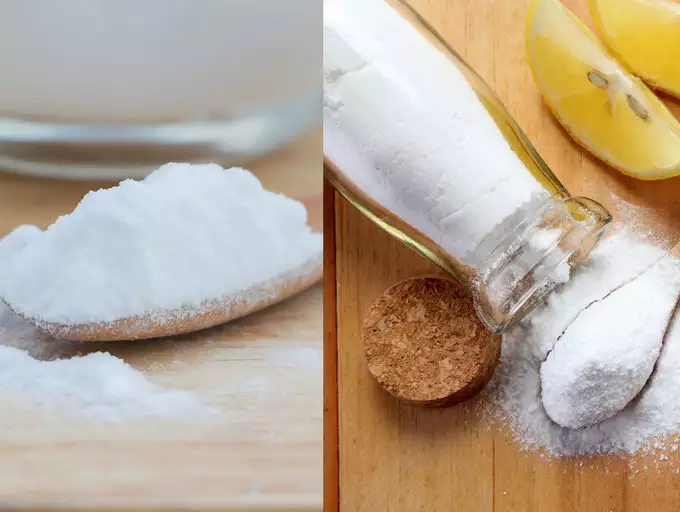
What is the difference between baking soda and baking powder?
Baking soda and baking powder are common ingredients in baking recipes. Ever wonder how these ingredients work together with heat to make your batter or dough rise? We explain the differences between baking soda, baking powder, how they work together, and whether you can use one or the other.
Baking Soda and Baking Powder: What’s the Difference?
Baking powder and baking soda are different because they contain different ingredients. Baking soda only contains one ingredient, sodium bicarbonate. On the other side, baking powder is made up of multiple ingredients. Baking powder is made up of sodium bicarbonate and an additional acidic ingredient. This acid is often a cream of tartar (also known as potassium bitartrate).
Baking Soda and Baking Powder: How do they work?
Both of these chemicals are leavening agents and can be used to make your baked goods rise without yeast. However, their leavening methods are different. Please continue reading to learn how baking powder and baking soda work together and which is better for your recipe.
How Baking Soda Works
Baking soda undergoes chemical reactions when mixed with acidic ingredients like buttermilk, yogurt, honey, lemon juice, and buttermilk. This reaction happens only when moisture exists and creates carbon dioxide gas. It looks like tiny air bubbles in your batter.
Bake your dough or batter as soon as you add baking soda. Your baked goods might not rise enough if too much carbon dioxide escapes before baking.
How Baking Powder Works
Baking powder already has an acidic ingredient, so it activates when mixed with liquid. Like baking soda, baking powder activates and produces carbon dioxide gas which helps baked goods rise.
Double-acting baking powders can be activated by adding heat to them. Double-acting baking powder doesn’t require you to rush to bake your dough or batter.
Can You Substitute Baking Powder for Baking Soda?
Baking soda can be substituted for baking powder. Baking powder comprises 1/3 baking soda and 1/3 an acidic ingredient. Therefore, you won’t use the exact amount of baking powder in your recipe.
In a pinch? Use this rule to convert baking soda to baking powder. For every 1 teaspoon baking soda, add 3 teaspoons baking powder.
Baking Soda can be substituted for baking powder
Baking soda can be substituted for baking powder. However, it is important to ensure you have enough acidic ingredients to activate baking soda properly. Baking soda is three times stronger than baking powder, so you will need less than the recipe requires.
Baking soda can be substituted for baking powder by adding 1 teaspoon baking soda to every tablespoon of baking soda. 2 teaspoons of vinegar, lemon juice or cream of tartar should also be added to your batter. Baking powder substitutes are not double-acting. This means that your batter or dough should be baked as soon as you combine it with the wet ingredients.
How do you tell if your baking soda or baking powder is still good?
Baking soda and baking powder usually have an expiration date of 18 months. However, environmental factors can accelerate the loss of potency. Mixing baking powder or baking soda with water can help you determine if it’s still functional after it has been in your possession for more than 6 months.
Mix 1/4 teaspoon baking soda and 2 teaspoons vinegar to test baking soda. If your baking soda is usable, it should bubble immediately.
Mix 1/2 cup hot water with 1 teaspoon baking powder to test the powder. Your baking powder will still be effective if it bubbles.
How to store baking soda and baking powder?
If these ingredients are kept in humid or warm environments, they can quickly lose their potency. Your baking powder and baking soda packaging should be sealed tightly and kept at a temperature that isn’t too hot. Your baking powder or baking soda should not be kept close to your oven. These ingredients should be kept away from heat sources.
Baking is science. This is what baking soda and baking powder do as chemical leavening agents. These ingredients are used in recipes to create the perfect texture for baked goods. Baking soda and baking powder require precision. Remember to refer to our storage tips and instructions for baking powder or baking soda next time you use them.